Description
Intimate Moments (8D7N)
At a Glance
- Day 01: Arrival in Paro – Thimphu
- Day 02: Thimphu
- Day 03: Thimphu – Phobjikha
- Day 04: Phobjikha – Punakha
- Day 05: Punakha
- Day 06: Punakha – Paro
- Day 07: Paro – Excursion to Taktsang
- Day 08: Departure from Paro
Day 1. Arrival in Paro – Thimphu
Your adventure starts when approaching the airport in Paro. During the flight you can enjoy views of Mt. Everest, Mt. Kanchenjunga and other Himalayan mountains including the sacred Mt. Jhomolhari and Mt. Jichu Drake in Bhutan.
Welcome to the Kingdom of Bhutan!
Bhutan is no ordinary place. It is the last great Himalayan kingdom, shrouded in mystery and magic, where a traditional Buddhist culture carefully embraces global developments.
The Buddhist Kingdom of Bhutan lies along the lofty ridges of the Eastern Himalayas. It is bordered by Tibet in the north and west, and Indian states in the east, west and south. The country within these borders forms a giant staircase, from a narrow strip of land in the south to some of the highest unclimbed Himalayan peaks on earth.
Upon your arrival at Paro Airport our representative will await you and you will drive together to Thimphu, Bhutan’s own mini-metropolis.
In the afternoon, after lunch, enjoy an excursion around town:
Kuensel Phodrang is the largest Buddha statue in the country with amazing views over the Thimphu valley.
Tashichho Dzong – The “fortress of the glorious religion” was initially erected in 1641 and rebuilt by King Jigme Dorji Wangchuck in the 1960s. Tashichho Dzong houses some ministries, His Majesty’s secretariat and the central monk body.
Overnight in Thimphu
Meals: Lunch, Dinner
Day 2. Thimphu
After breakfast, explore Thimphu and its surroundings.
Thimphu, the capital town of Bhutan and the centre of government, religion and commerce, is a unique city with an unusual mixture of modern development alongside ancient traditions. With a population of about 115,000 inhabitants it is perhaps still the world’s only capital city without a traffic light. Thimphu is located 2,320 metres above sea level.
Changangkha Lhakhang, right above the Thimphu Valley, is a temple and a monastic school which was established in the 12th century on a site chosen by Lama Phajo Drugom Shigpo.
The Motithang Takin Preserve houses the rare national animal of Bhutan. The Takin is listed by international conservation agencies as a vulnerable species and is only found in Bhutan, Nepal and Myanmar (Burma).
In Bhutan, equal emphasis is given to both allopathic and traditional medicines. The rich herbal medicines made up from medicinal plants are prepared and dispensed at the Traditional Medicine Institute.
At the National Institute for Zorig Chusum the students undertake a six-year course on the 13 traditional arts and crafts of Bhutan.
Simply Bhutan is an integrative living museum that gives a quick introduction to various aspects of traditional life in Bhutan.
Located in the outskirts of the Thimphu Valley and spread across an area of 29 acres, the Royal Botanical Garden was founded by the Royal Government in 1999 to celebrate the Silver Jubilee of the Fourth Drukpa Gyalpo.
Overnight in Thimphu
Meals: Breakfast, Lunch, Dinner
Day 3. Thimphu – Phobjikha
After breakfast, drive approximately six hours to Phobjikha, passing through picturesque valleys and mountain slopes dotted with typical Bhutanese villages. From the Dochula pass, at over 10,000 feet, vast panoramic views of the high snowcapped peaks of the Bhutanese Himalayas can be enjoyed on a clear day.
Continue driving down into the Phobjikha valley and visit Gantey Goenpa, an old monastery from the 16th century. Afterwards we will walk through the valley, which is also the winter home to the rare black-necked cranes, which migrate to this valley from remote parts of Tibet, China and Siberia during the winter.
Overnight in Phobjikha
Meals: Breakfast, Lunch, Dinner
Day 4. Phobjikha – Punakha
After breakfast we will continue our tour and drive into the Punakha valley. On the way, visit Chhimi Lhakhang, founded in the 15th century by Lama Dukpa Kinley, who is also known as the “divine mad man”. We will walk approximately half an hour through the local village and the surrounding rice fields to reach the temple.
After lunch, visit Punakha Dzong – built in 1637 by Zhabdrung and one of the most beautiful Dzong in the country. In the afternoon we will continue exploring Punakha and Khuruthang by foot.
Overnight in Punakha
Meals: Breakfast, Lunch, Dinner
Day 5. Excursion to Khamsum Yulley Namgyel Chorten in Punakha
The idyllic Khamsum Yulley Namgyel Chorten is built on a ridge north of the Punakha valley. It takes just half an hour to reach the countryside from Punakha town, after which the journey continues for another 45 minutes on foot. Hikers will first pass beautiful terraces of paddy fields featuring irrigation channels while observing the traditional Bhutanese way of life and taking in scenic views of the surrounding countryside. At the base of the hill, the real trail begins, leading upwards through evergreen pine forests. Having reached the top, enjoy the spectacular view of the valley below.
Overnight in Punakha
Meals: Breakfast, Lunch, Dinner
Day 6. Punakha – Paro
After breakfast, drive approximately 4 hours to Paro, where we will visit Kyichu Lhakhang, one of the oldest and most sacred temples in the kingdom, dating back to the 7th century.
We will also visit Ta Dzong, a former Watch Tower which now serves as the National Museum, as well as Rinpung Dzong which houses a monastic school and the office of the civil administration. Walking down to Paro town, we will cross typical Bhutanese wooden-roofed bridge.
Overnight in Paro
Meals: Breakfast, Lunch, Dinner
Day 7. Paro – Excursion to Taktsang (Tiger`s Nest)
We will first drive for half an hour and then continue the day with a hike, which will take about five hours (round trip.) The trail leads past along an ancient path marked by river-powered prayer wheels. As you reach Taktsang you will be struck by the architectural wonder of this most pious Buddhist shrine in Bhutan. Perched some 900m on a cliff overlooking the valley it justifiably qualifies as one of Bhutan’s wonders. Tragically wrecked in a fire in 1998, it has been rebuilt to its original glory. It is said that the legendary Indian saint, Guru Padma Sambhava, flew from Tibet on the back of a tigress to tame five demons, who were opposing the spread of Buddhism in Bhutan in 746 A.D. Hence the name, Taktsang, or the “Tiger’s Lair.”
If time permits, drive further north to visit another symbolic structure, which is now under reconstruction. Drugyel Dzong, or “Castle of the Victorious Drukpa”, which was also built by the Shabdrung to commemorate Bhutan’s victory over the Tibetans in the 16th centuries. From here, the Jomolhari Peak (“Mountain of the Goddess”) can be seen on a clear day (7,329m).
Overnight in Paro
Meals: Breakfast, Lunch, Dinner
Day 8. Departure from Paro
Breakfast at the hotel and transfer to the International Airport for your onward journey.
Meals: Breakfast

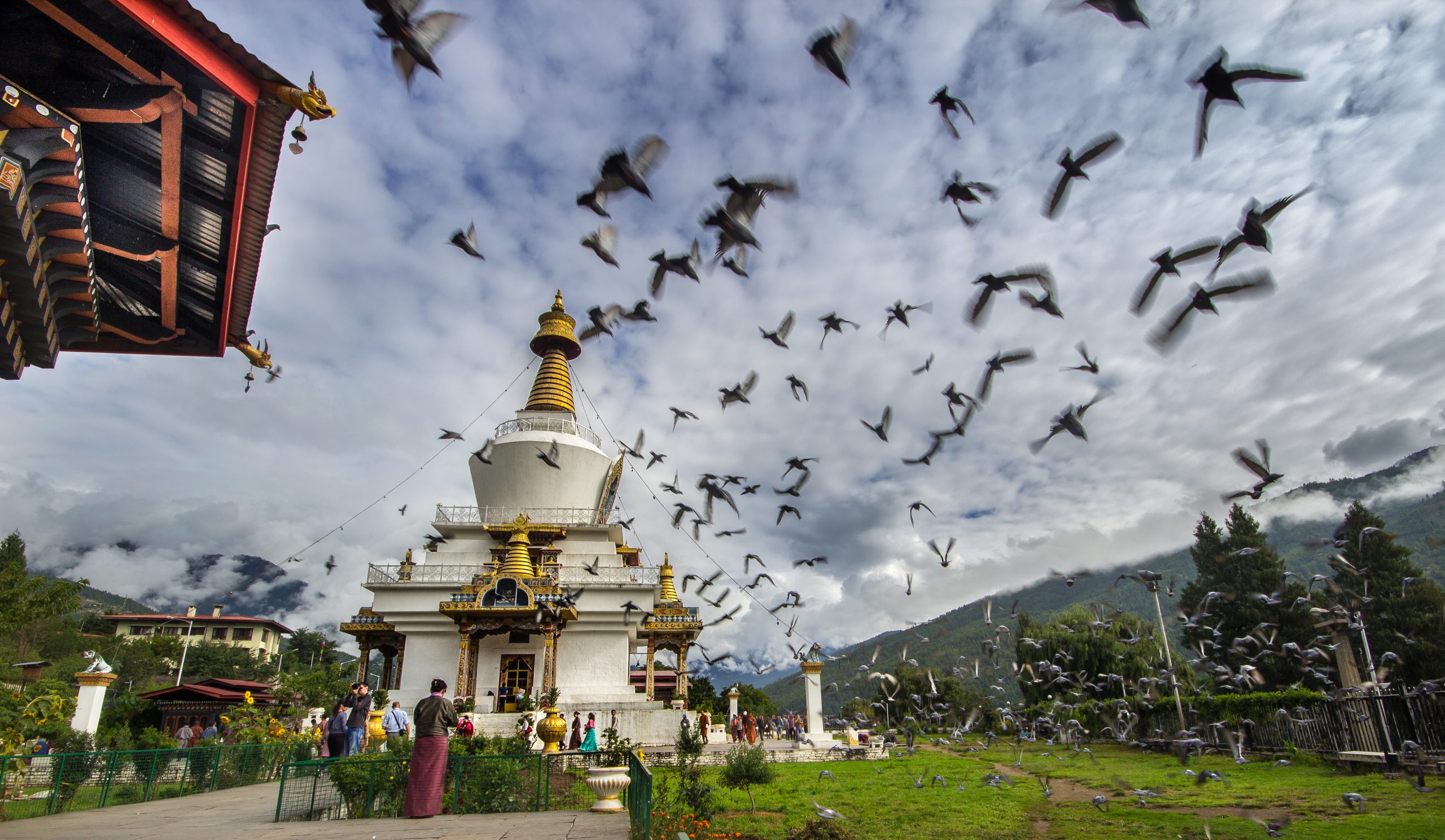
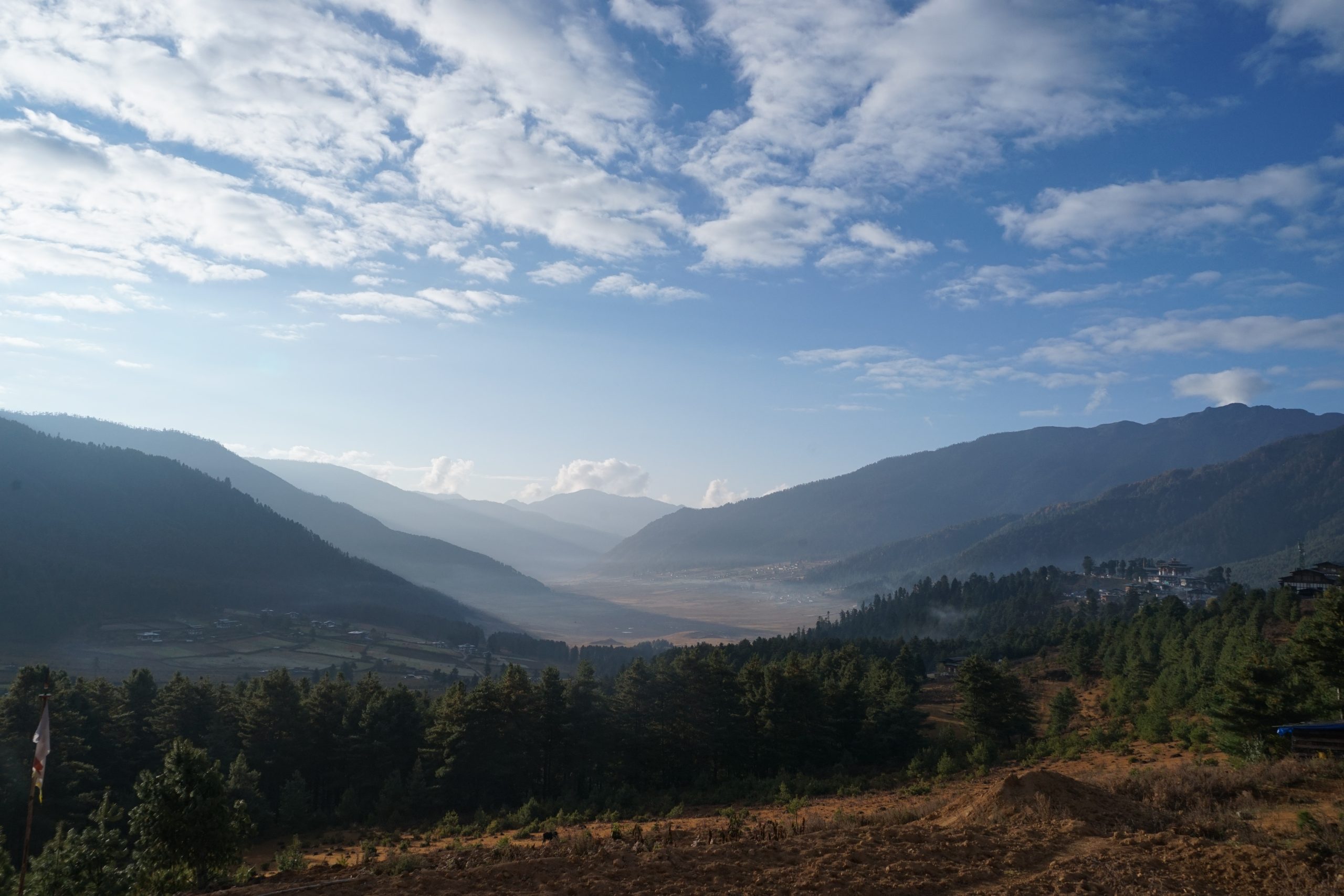


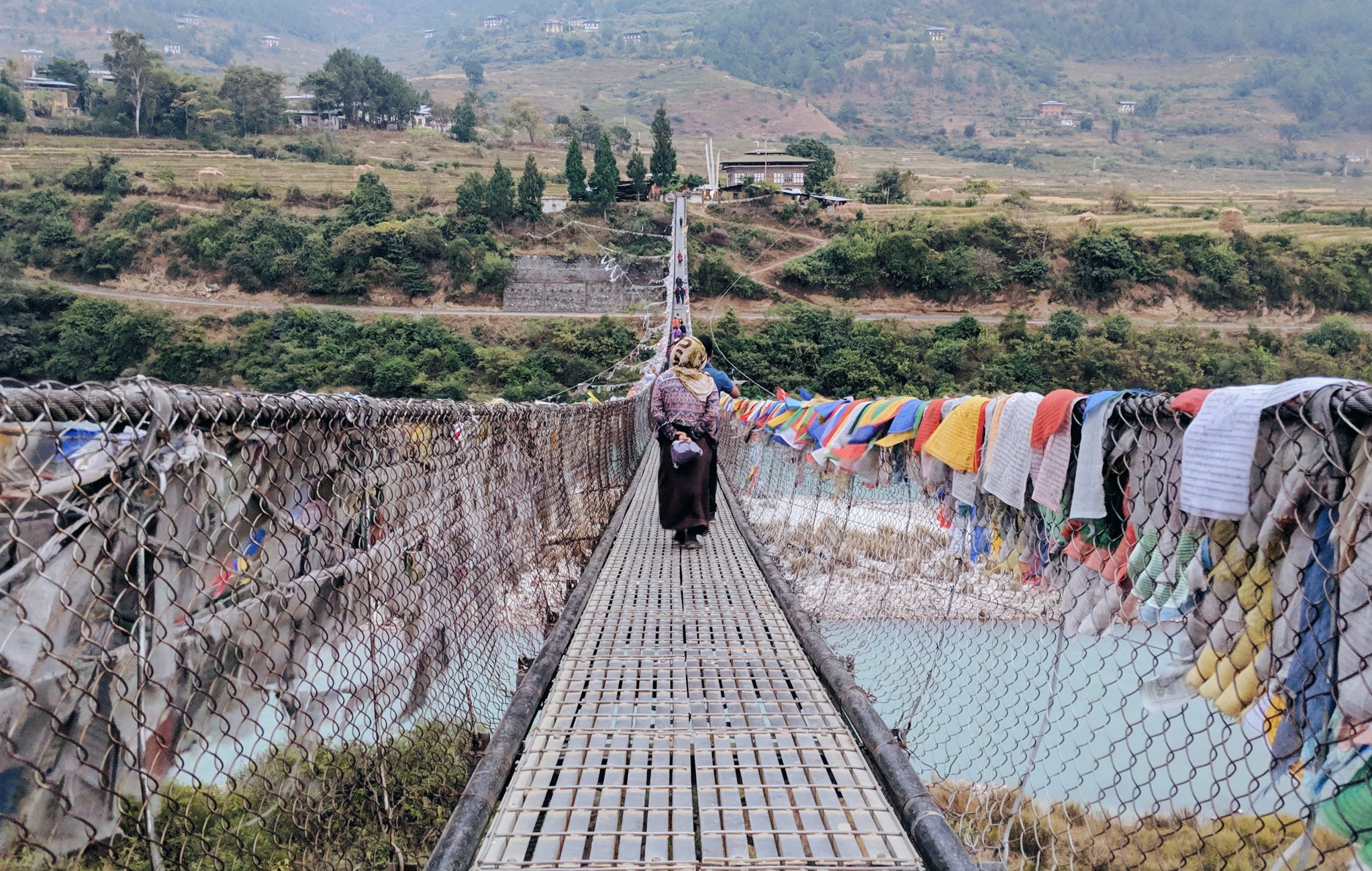
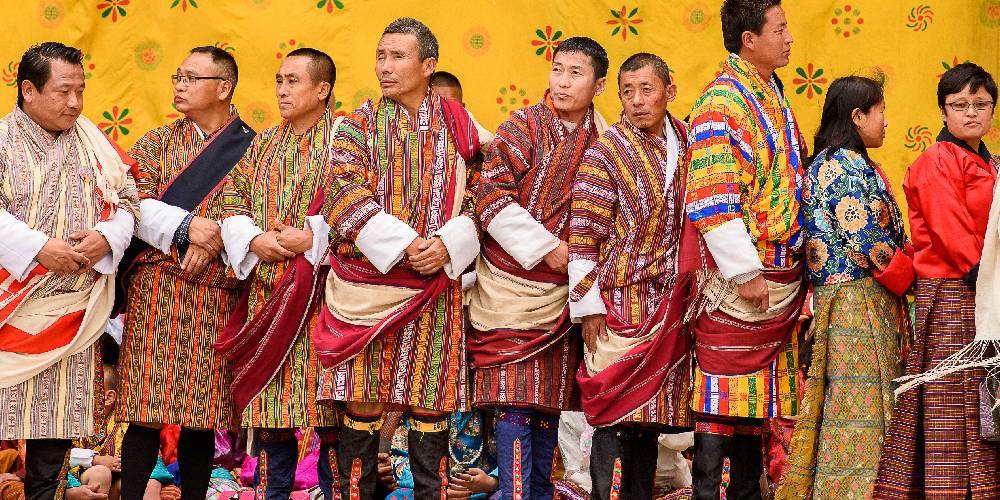
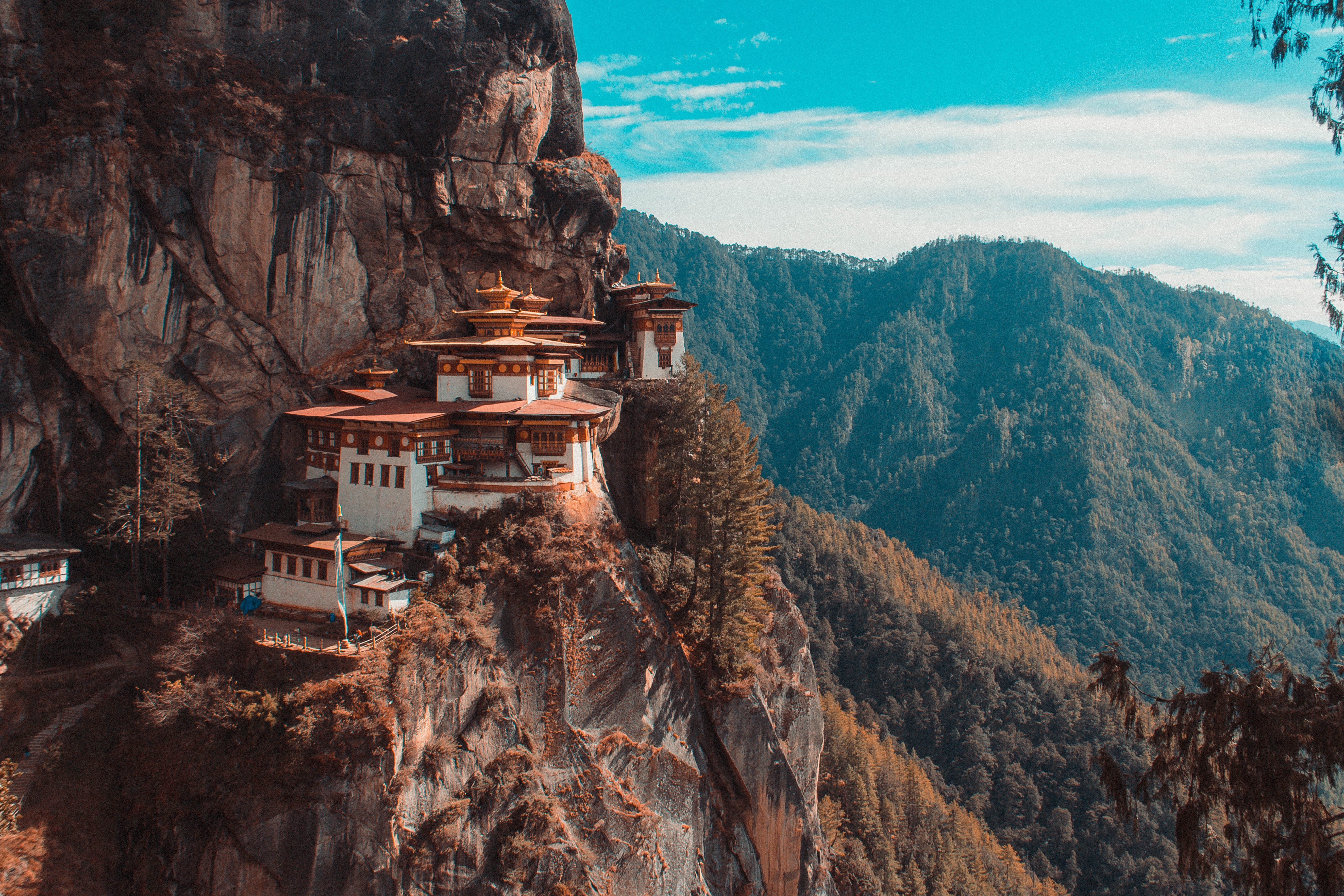
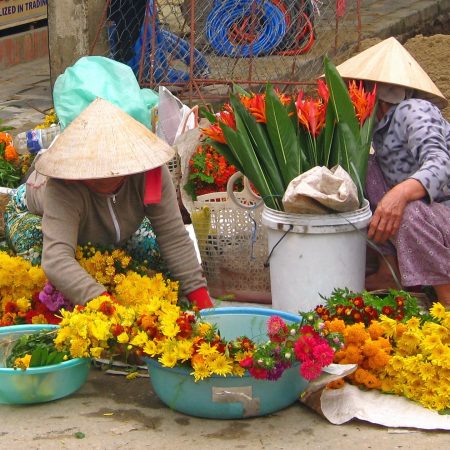
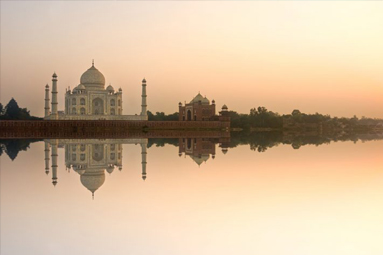
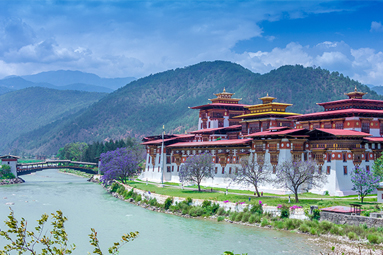
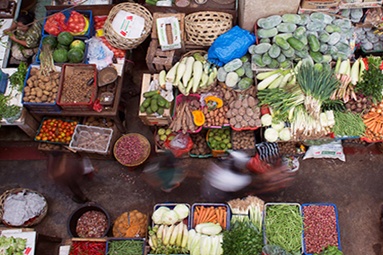
Reviews
There are no reviews yet.